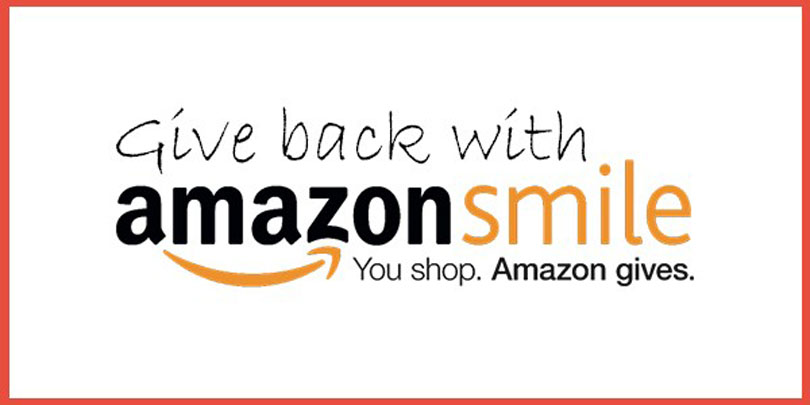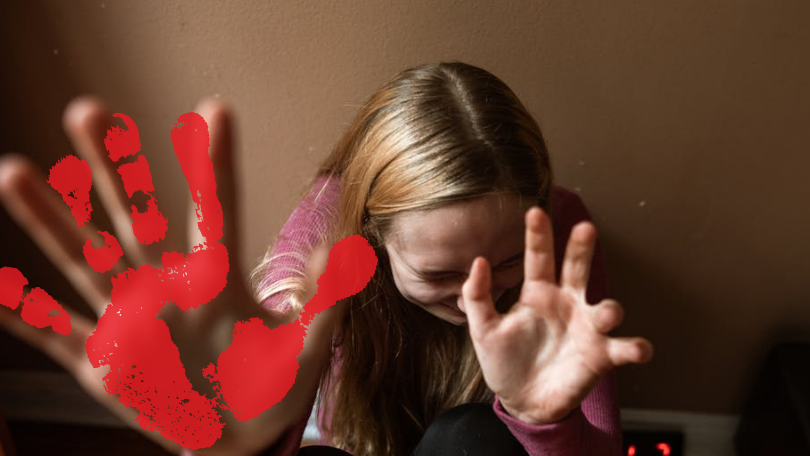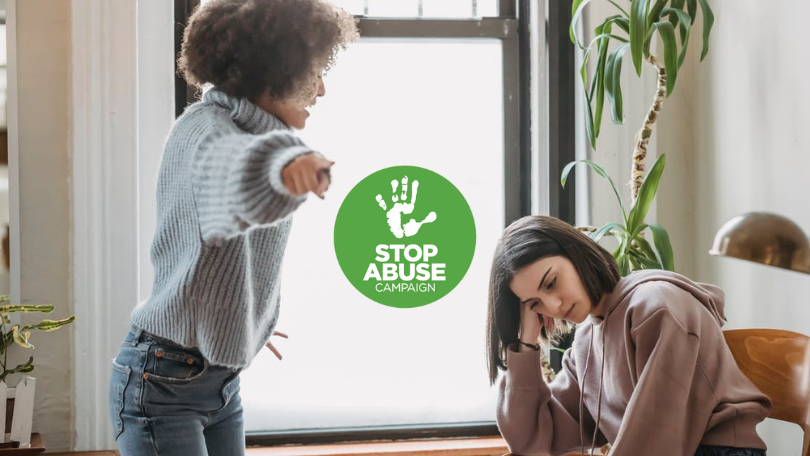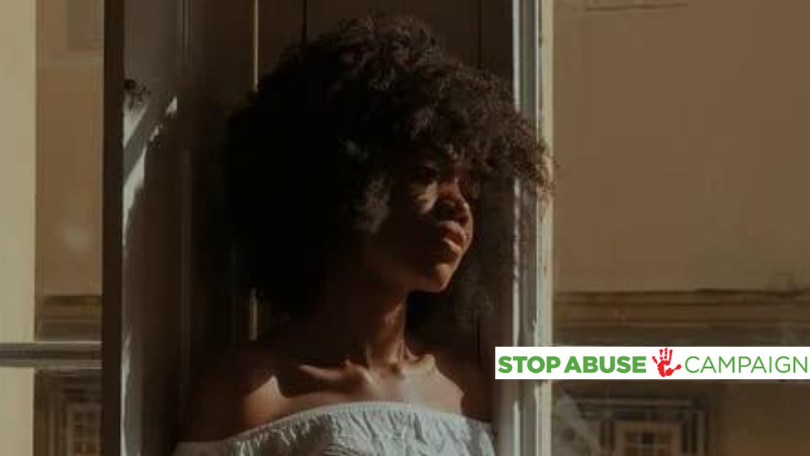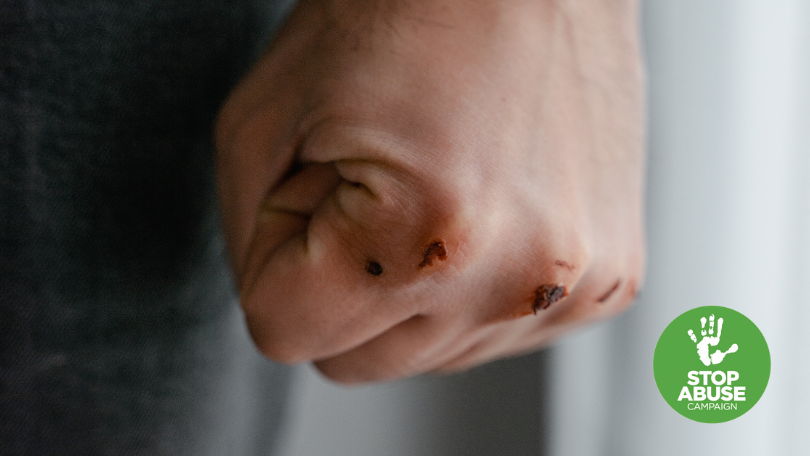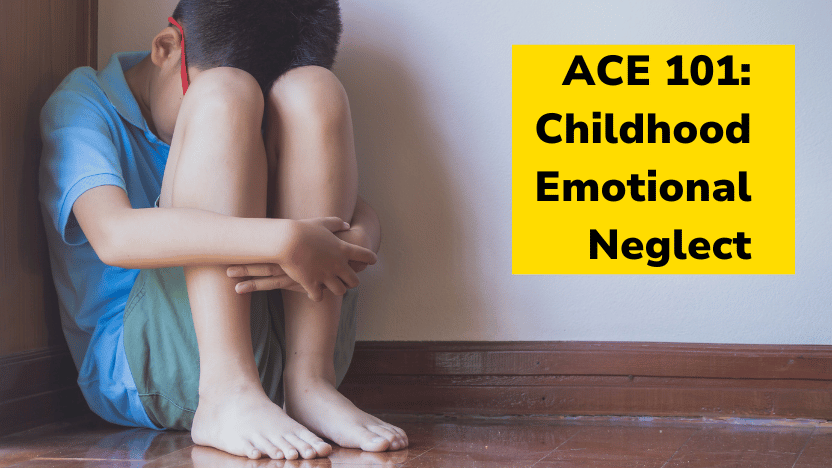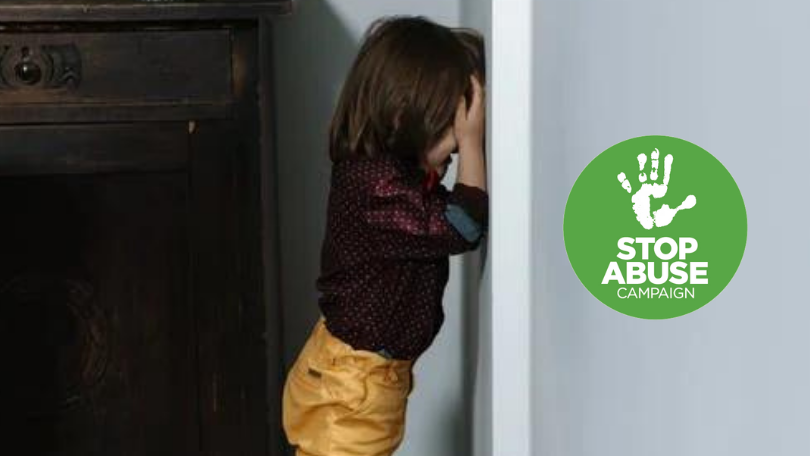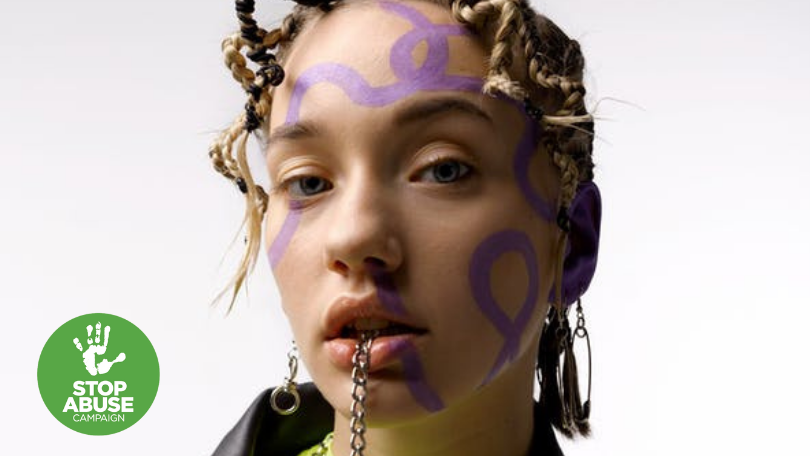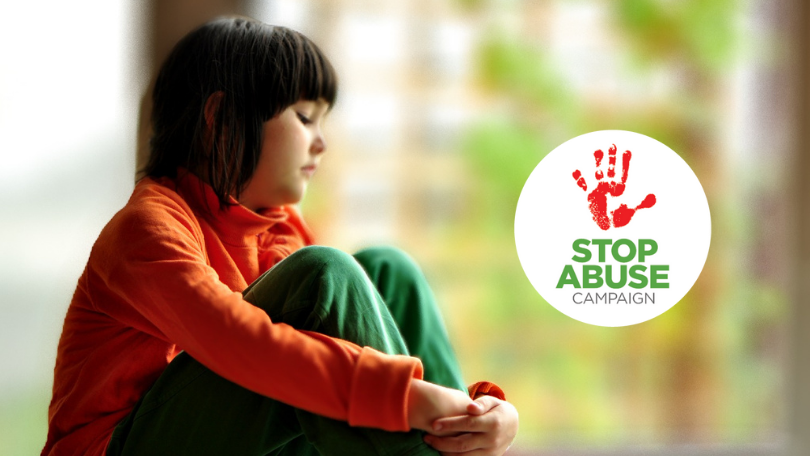The higher your ACE score the higher your statistical chance of suffering from a range of psychological and medical problems like chronic depression, cancer, or coronary heart disease.
Almost 13% of Americans have a score equal to or higher than yours.
Knowing your ACE score means being able to understand your risks, and being able to prevent the possible consequences.
Compared to the 3 out of 10 people who suffered no ACEs your ACE score means that you are:
| ACE SCORE OF 0 | ACE SCORE OF 4 | INCREASED RISK | |
| Likelihood of becoming an alcoholic | 2.5% | 11% | four-fold increase |
| Suffering from chronic depression | 15% women 10% men | 42% women 30% men | tripled |
| Having a serious problem working | 5% | 15% | tripled |
| Having serious financial problems | 10% | 20% | doubled |
| Chance of heart disease | 3.7% | 5.6% | doubled |
| Having a stroke | 2.6% | 4.1% | doubled |
Give back to the Stop Abuse Campaign with Amazon Smile
Donate to the Stop Abuse Campaign at no cost to you. Shop from home as you socially distance and Amazon Smile supports the Stop Abuse...
ACE 101: Preventing Child Sexual Abuse
A vital part of fighting child sexual abuse is learning about what it is and why we must prevent it from happening to any child ever again.
ACE 101: Childhood Emotional Abuse
What is childhood emotional abuse? Learn about this ACE, its life-long consequences, ways to prevent it, heal it, and help someone affected.
ACE 101: Incarcerated Household Member
Having an incarcerated household member is an ACE, Adverse Childhood Experience, that can have lasting consequences into adulthood. How to...
ACE 101: Physical Abuse in Childhood
Physical abuse against children causes lifelong harm. This common ACE can be prevented. Read more on why and how we can dedicate resources to...
ACE 101: Childhood Emotional Neglect
Childhood emotional neglect is one of the most challenging ACEs to identify because there’s nothing to “see,” but it impacts thousands of children...
ACE 101: Intimate Partner Violence
Domestic and intimate partner violence are Adverse Childhood Experiences that weaken a family’s chance for stability and safety. How to help and get...
ACE 101: Parental Substance Abuse
Parental substance abuse is an ACE, a childhood trauma as damaging as other direct ones. How does it affect the child and how can we prevent...
ACE 101: Parental Separation, Divorce, or Death
Parental divorce and separation, including the death of a loved one, are Adverse Childhood Experiences. Were you affected by them? What to do and...
Protecting children means happier, healthier lives.
The Adverse Childhood Experience (ACE) Study shows how childhood trauma leads to shorter, sicker lives. We protect children and prevent ACEs. Take action now, you can help us break the cycle of abuse.
